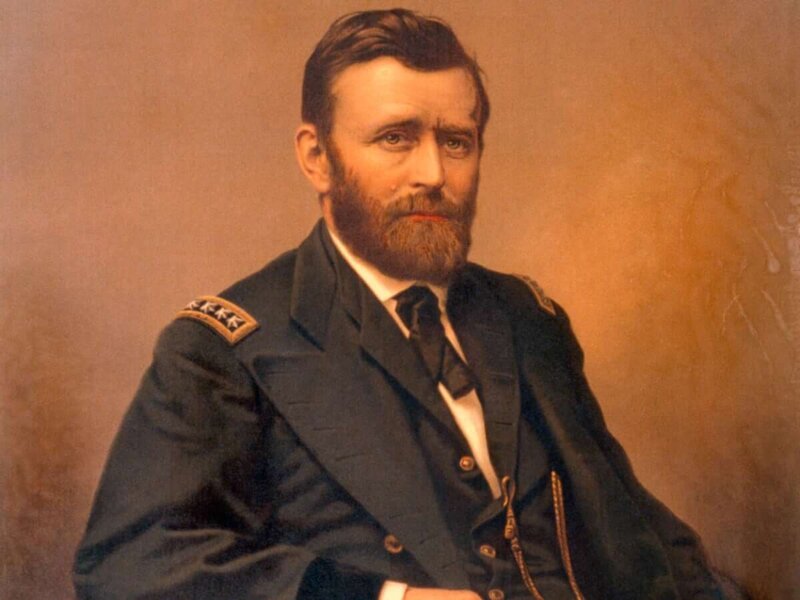Derek Yost is a graduate of the University of Florida, where he studied economics and statistics. As an undergraduate, he spent one summer conducting research on the ideological influence of the French Revolution on Great Britain. His primary interest is the works of the classical authors, particularly the Latin authors. Apart from his essays, Derek is the author of two (forthcoming) books: Virtus Academy: A Survey of the Ancient World and The Little Book of Latin Maxims.

